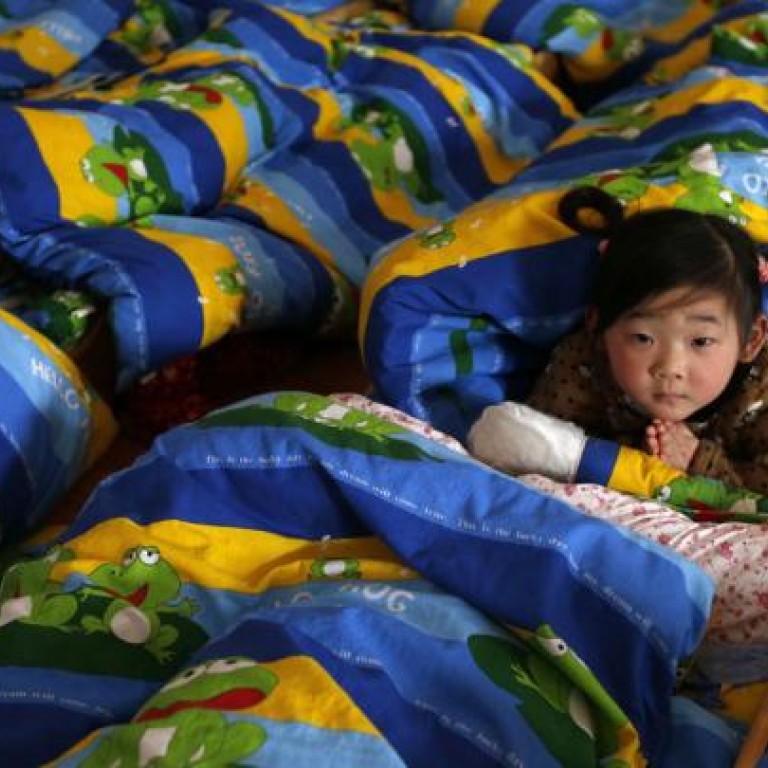
Population minister Wang Xia says one-child policy here to stay
Measures to keep the national birth rate low are going to be around "for a long time", according to the top family planning official. She dismissed speculation the one-child policy would be scrapped this year.
However, Wang Xia said that authorities would gradually ease restrictions for certain people.
"The policy should be a long-term one, and its primary goal is to maintain a low birth rate and be gradually perfected," Wang, minister of the National Population and Family Planning Commission, said at a national conference, Xinhua reported.
Professor Lu Jiehua , of Peking University's Institute of Population Research, said the government's population policy should go beyond a one-child policy while still keeping growth in the population of the world's most populous country at sustainable levels.
"Population policy is always a long-term project," he said. "The central government's 12th five-year plan pledged to make revisions to the one-child policy by 2015.
"In fact, our one-child policy has been loosened in the past few years, especially in coastal and developed cities, with local governments allowing couples who were both born into one-child families to have a second child."
Lu said the central leadership knew the one-child policy had resulted in a series of long-term social problems, including a rapidly ageing population and retirement fears for parents who have lost their only child.
Also on Monday, Wang pledged to improve the health care system for migrant workers this year, thereby reducing the number of birth defects and giving pregnant women better access to check-ups.
Birth control authorities will also expand free pre-pregnancy checks-ups to all county-level areas.
Currently, such services are available in about 60 per cent of county-level areas, covering more than 80 per cent of the target population, the minister said.
The one-child policy has long been blamed for a sex imbalance, as well as for the killing or abandoning of infant girls and babies with birth defects.
Beijing-based Professor Hu Xingdou , a social economist and political commentator, said it would be difficult for the government to abolish the one-child policy overnight.
"China still needs a family-planning policy due to our vast population and lack of cropland, as well as the relative deficiency of per capita resources," the professor said.

